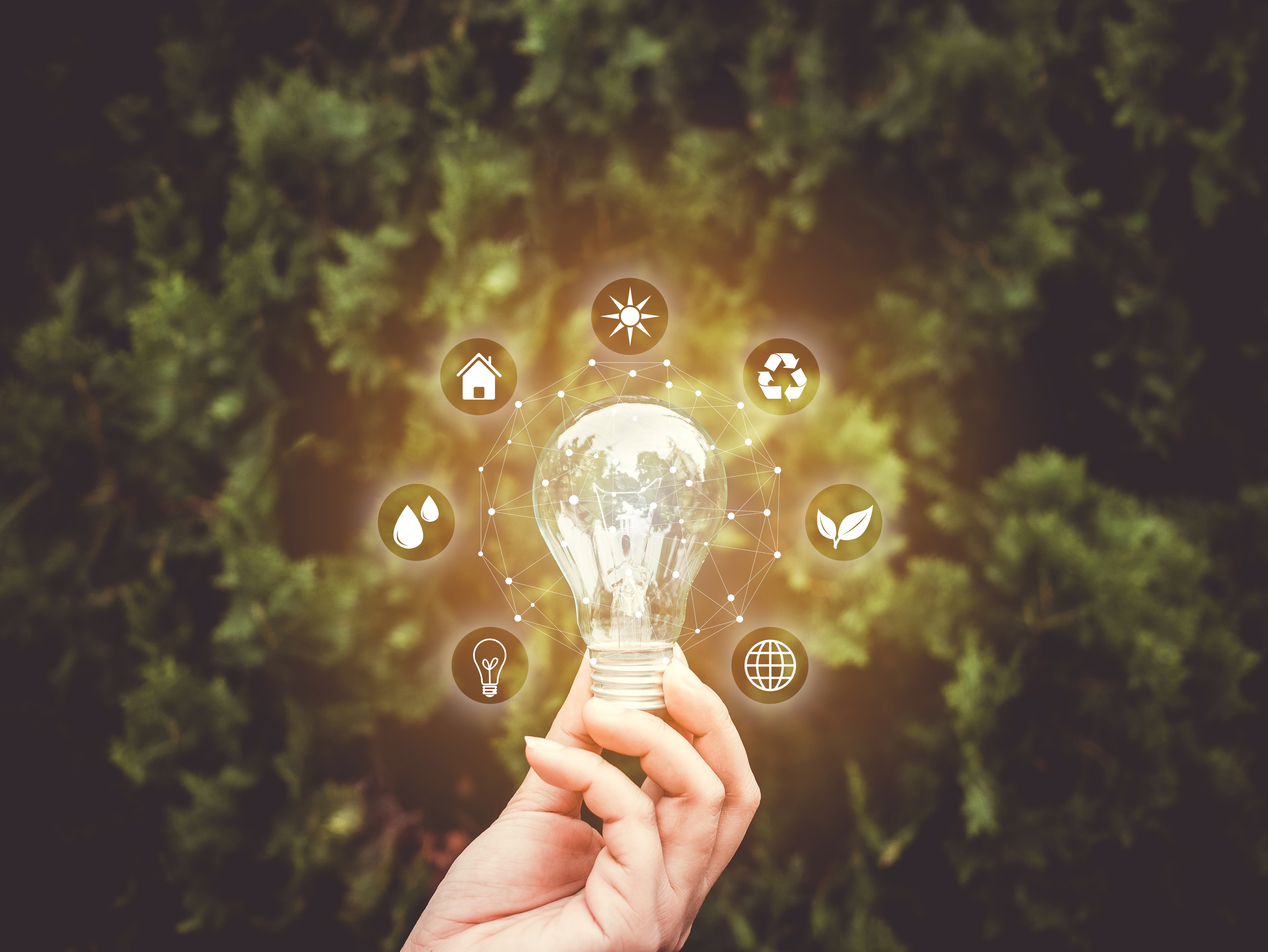
As the global energy crisis regularly draws strong media attention, it is the social responsibility of all public and private players to reduce their environmental and energy footprint. However, data centers are as indispensable as they are energy-intensive: without them, it would be impossible to run digital activities, which could use up to 13% of the world’s electricity by 2030. In France, it is estimated that digital industries use 8.5% of the country’s electricity, only 2% of which for data centers (i.e. 10 Twh/year), the vast majority being used by their customers.
In this context, public authorities, professionals and individuals all have a role to play. At Data4, the issue of reducing the environmental impact has been at the heart of our concerns for more than 10 years, a decade during which the efforts have focused on the energy efficiency “by design” of data centers. In 2020, as part of the Data4Good sustainable development programme, new initiatives were undertaken to reduce the carbon footprint. This is how the creation of the D4 Green Dashboard fits into the “measuring, taking action and controlling” strategy with a view to meeting our own needs and those of our customers.
Now Data4 is going a step further with the launch of an energy sobriety plan to accelerate everyday energy efficiency measures and reduce the actual consumption of its data centers, thus contributing to the national effort to address the energy crisis.
Improving the operation of data centers
While data centers are crucial infrastructures for the proper functioning of the economy, they can be energy-intensive if nothing is done to limit their power consumption. The trend has reversed over the past few years and numerous projects are underway to make data centers more responsible and sustainable.
This is also the case for Data4, where we are conducting an audit of HVAC facilities (heating, ventilation and air conditioning). The objective is to make sure that the technical performance of the facilities matches the air and cooling needs of storage rooms, to identify sources of energy savings for our HVAC equipment that can be achieved in the short, medium and long term. This is particularly true for the control of air and cooling production equipment, the identification of issues in terms of regulation, air flow and free-cooling mode, and the verification of the effective operation and positioning of temperature sensors. We also take action to:
- Reduce the consumption of our cooling networks by increasing the temperature in server rooms, service rooms and chilled water networks.
- Implement flow containment in storage spaces between cold and hot aisles to improve energy efficiency.
- Develop an energy management system through artificial intelligence to optimise the operation of our equipment more precisely, and accurately anticipate, in real time, the amount of energy needed to cool down the server rooms.
All these initiatives however require greater involvement by our customers, as energy sobriety can only work as part of global collaboration. This is a team effort, as it is with them that we will be able to act more quickly and effectively.
More efficient energy management in offices
Lighting, air conditioning, heating… there are many opportunities to optimise energy management in offices. Data4 gets involved and undertakes:
- To limit the setpoint heating temperature to 19°C between 8am and 7pm, and to 17°C outside times-of-use.
- Not to turn on air conditioning when the temperature is below 26°C.
- To automatically stop lighting outside times-of-use (8am to 7pm).
- To adjust lighting power to the needs.
- To switch off half of the lighting in corridors during the day when natural light is sufficient and to keep blinds and curtains open during the day.
- To redesign offices to limit lighting requirements.
- To switch off half of the lighting in outside walkways at night.
- To turn off computer equipment outside times-of-use.
These initiatives go hand in hand with a major renovation project of our office building on the Marcoussis campus. This project will meet the requirements of the HQE sustainable building environmental certification, “excellent” category, with particular sensitivity to optimising the carbon footprint via the Low-carbon Building (BBCA) certification.
Greater involvement by our employees
Energy sobriety also involves a change in behaviour. This is why Data4 gets its employees involved in the form of training and awareness workshops relating to good digital habits, everyday eco-friendly actions and good practices for the reduction of the environmental impact.

CUBE Data centers competition to highlight the best ideas IFPEB (the French Institute for energy performance in buildings) organises a number of energy saving competitions, united under the umbrella of the French energy saving Championships. This is how Data4 participated in the creation of the “CUBE Data centers” competition to challenge our teams and encourage the data center industry to save energy. As the first national energy saving competition in the digital industry, the objective of this challenge will be to identify and provide evidence of exemplary sobriety approaches, share good practices and, more importantly, rally the entire data center as well as computer room value chain around a playful and collective initiative.
The core of this process consists in particular of initiatives designed to:
- Put in place responsible document and email management mechanisms.
- Encourage the use of Wi-Fi where available within the company.
- Put network equipment in standby mode or switch it off when not in use.
- Reduce screen brightness and switch off additional screens when they are not needed.
- Hibernate or switch off the workstation when the employee is absent.
- Put in place a fleet of bicycles to get around within our Marcoussis campus.
- Encourage the use of carpooling.
- Shift the charging of electric vehicles outside peak consumption periods.
- Limit international travel to what is strictly necessary.
Energy sobriety is a shared responsibility, and Data4 is proud to implement an ambitious plan that involves all its stakeholders. Its initiatives and experiments therefore significantly contribute to reducing our environmental footprint while preserving the performance of the pillars of the digital industry, i.e. data centers.

